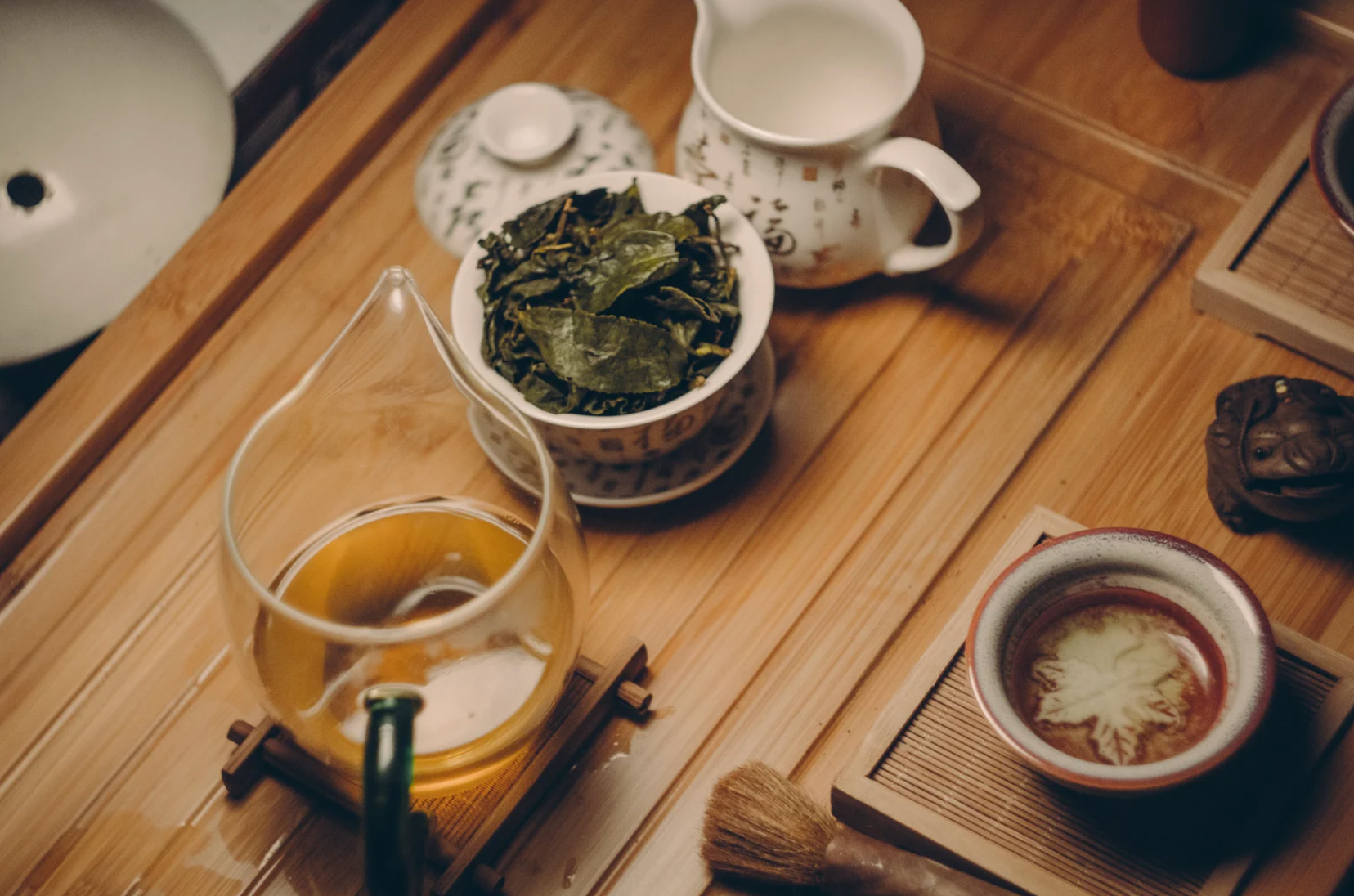
Is Tea Healthy? Unveiling the Health Benefits of Tea
Tea is one of the most popular beverages worldwide, consumed by millions of people daily. But is tea healthy? The answer is a resounding yes. Tea, whether green, black, herbal, or oolong, offers a plethora of health benefits that can enhance your overall well-being. This article delves into the health benefits of tea and why you should consider incorporating it into your daily routine.
The Nutritional Profile of Tea
Tea is rich in antioxidants, vitamins, and minerals. These components play a crucial role in promoting health and preventing diseases. The primary antioxidants found in tea are polyphenols, which have anti-inflammatory and anti-carcinogenic properties. Additionally, tea contains essential vitamins like vitamin C and various B vitamins, as well as minerals such as potassium, magnesium, and zinc.Health Benefits of Different Types of Tea
Green Tea
Green tea is celebrated for its high concentration of catechins, particularly epigallocatechin gallate (EGCG). These powerful antioxidants help in reducing inflammation, boosting metabolism, and protecting against chronic diseases such as heart disease and cancer. Regular consumption of green tea can also improve brain function and support weight loss efforts.
Black Tea
Black tea is rich in flavonoids, which are beneficial for heart health. Studies have shown that drinking black tea can lower blood pressure, reduce cholesterol levels, and improve gut health. The caffeine content in black tea provides a gentle energy boost without the jitters often associated with coffee.
Herbal Tea
Herbal teas, such as chamomile, peppermint, and hibiscus, offer a range of health benefits specific to each herb. Chamomile tea is known for its calming effects and can improve sleep quality. Peppermint tea aids digestion and helps alleviate gastrointestinal issues. Hibiscus tea is rich in antioxidants and can lower blood pressure.
Oolong Tea
Oolong tea falls somewhere between green and black tea in terms of oxidation and flavor. It is known for boosting metabolism and aiding in weight management. Oolong tea also contains antioxidants that can improve skin health and support cognitive function.
Tea and Hydration
One common misconception is that tea can dehydrate you due to its caffeine content. However, tea is primarily water, and its hydrating benefits outweigh the mild diuretic effects of caffeine. Drinking tea can contribute to your daily fluid intake and help keep you hydrated.
Potential Side Effects of Tea
While tea offers numerous health benefits, it's essential to consume it in moderation. Excessive tea consumption can lead to caffeine-related side effects such as insomnia, increased heart rate, and digestive issues. Additionally, some teas may interfere with certain medications, so it's advisable to consult with a healthcare provider if you have any concerns.

